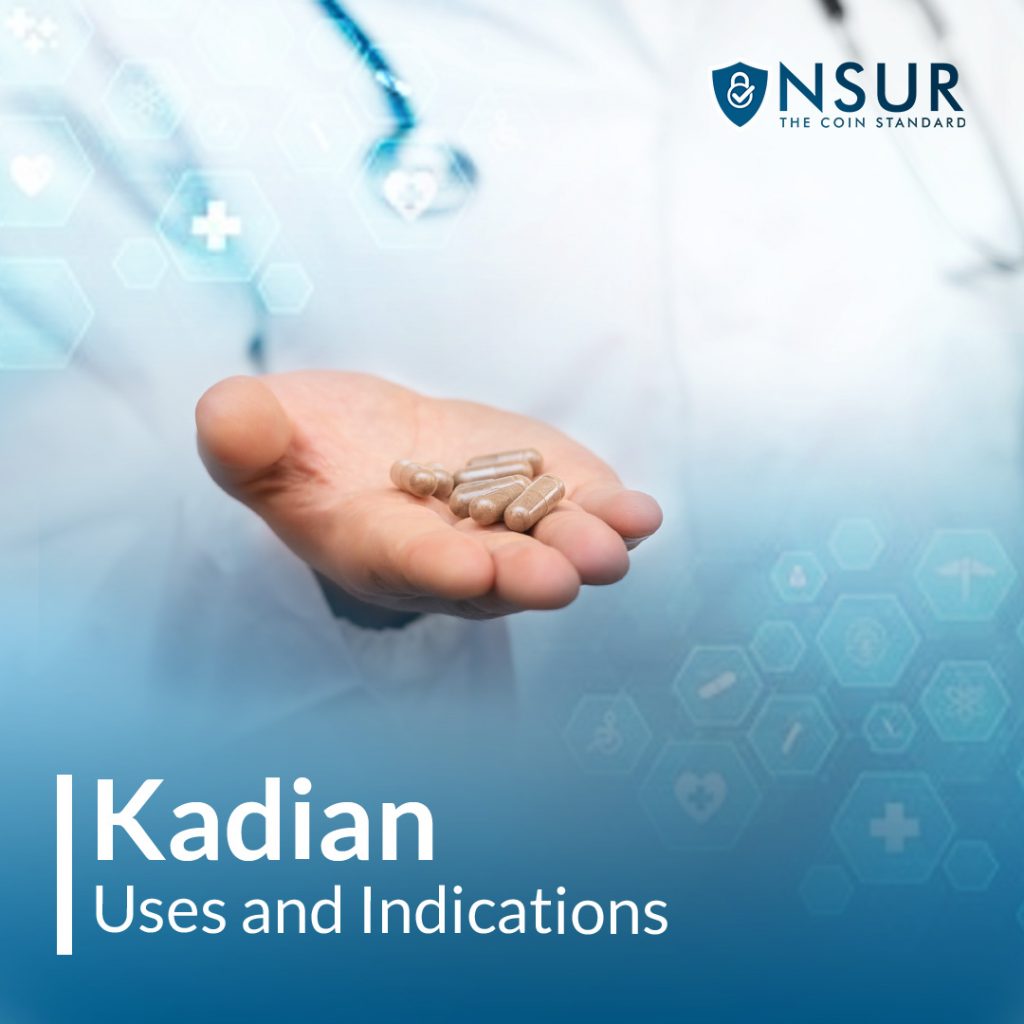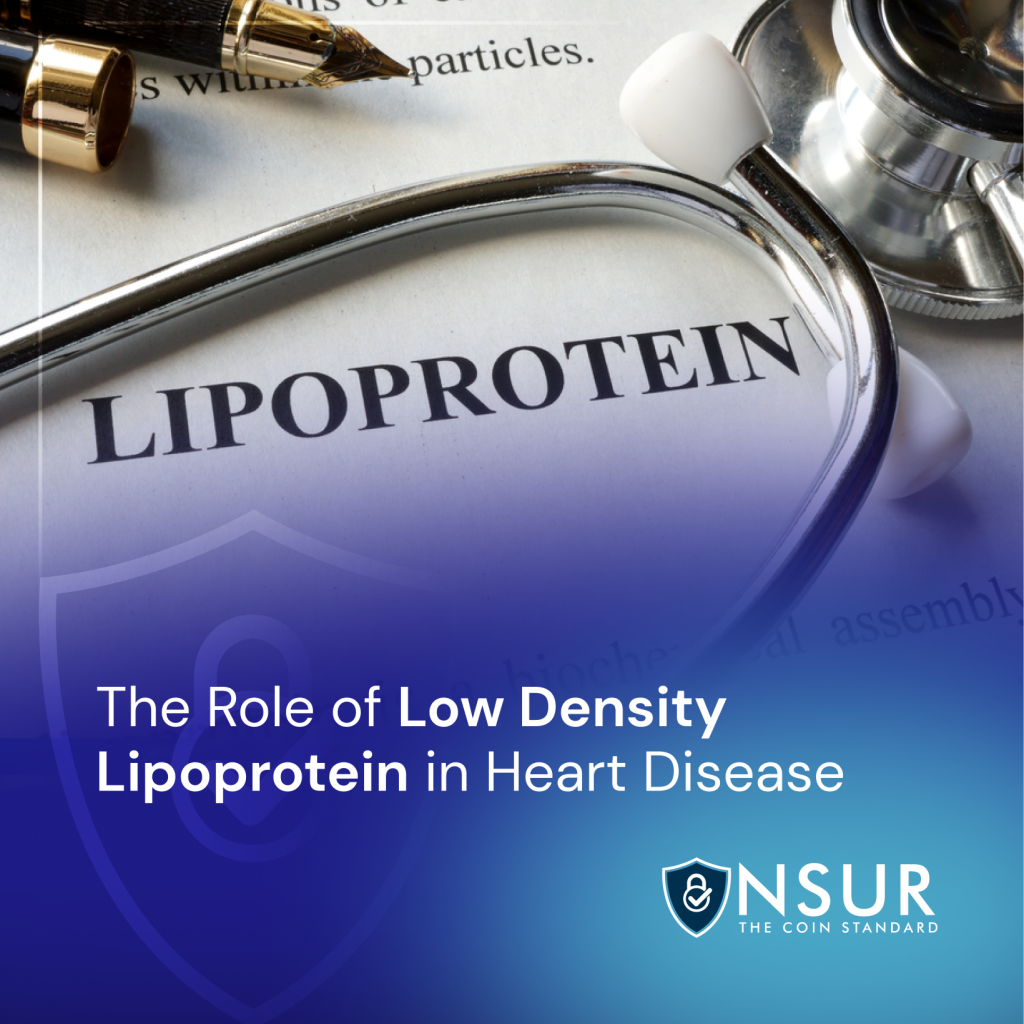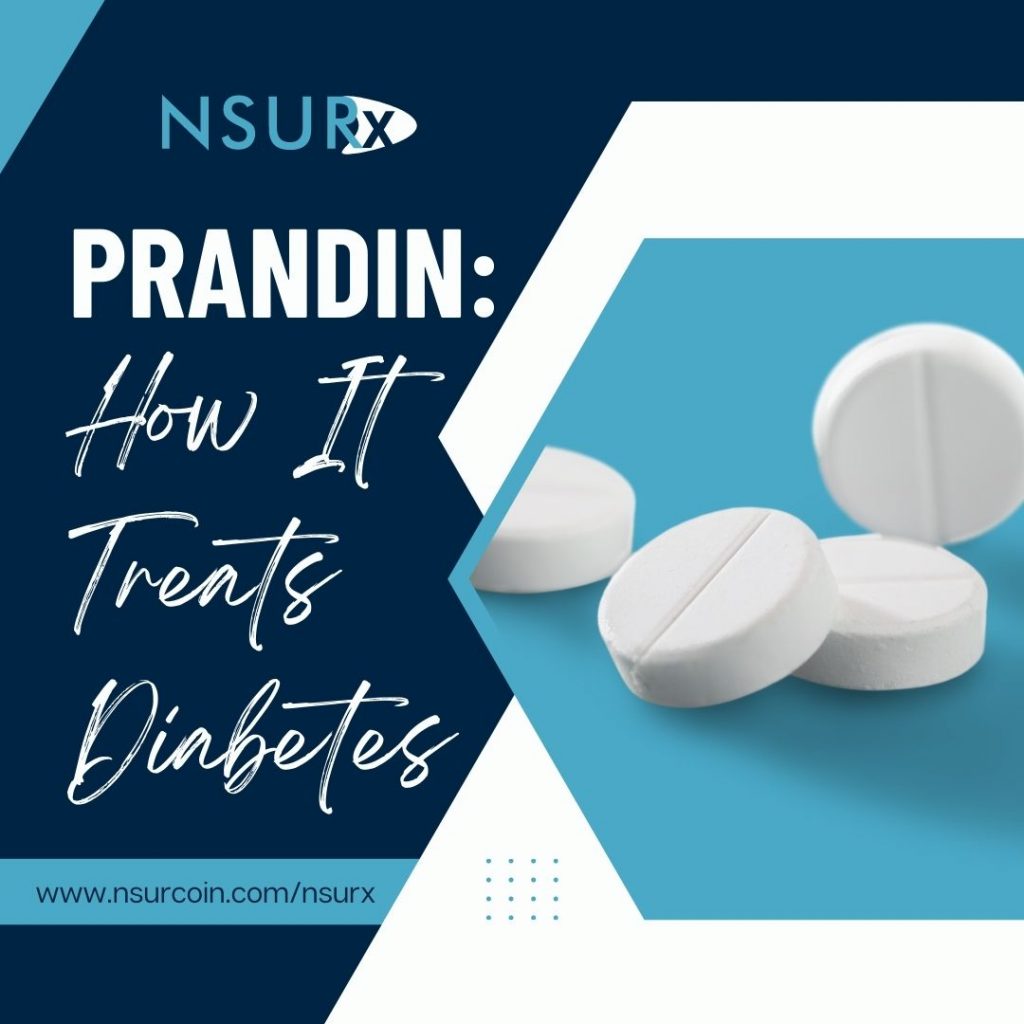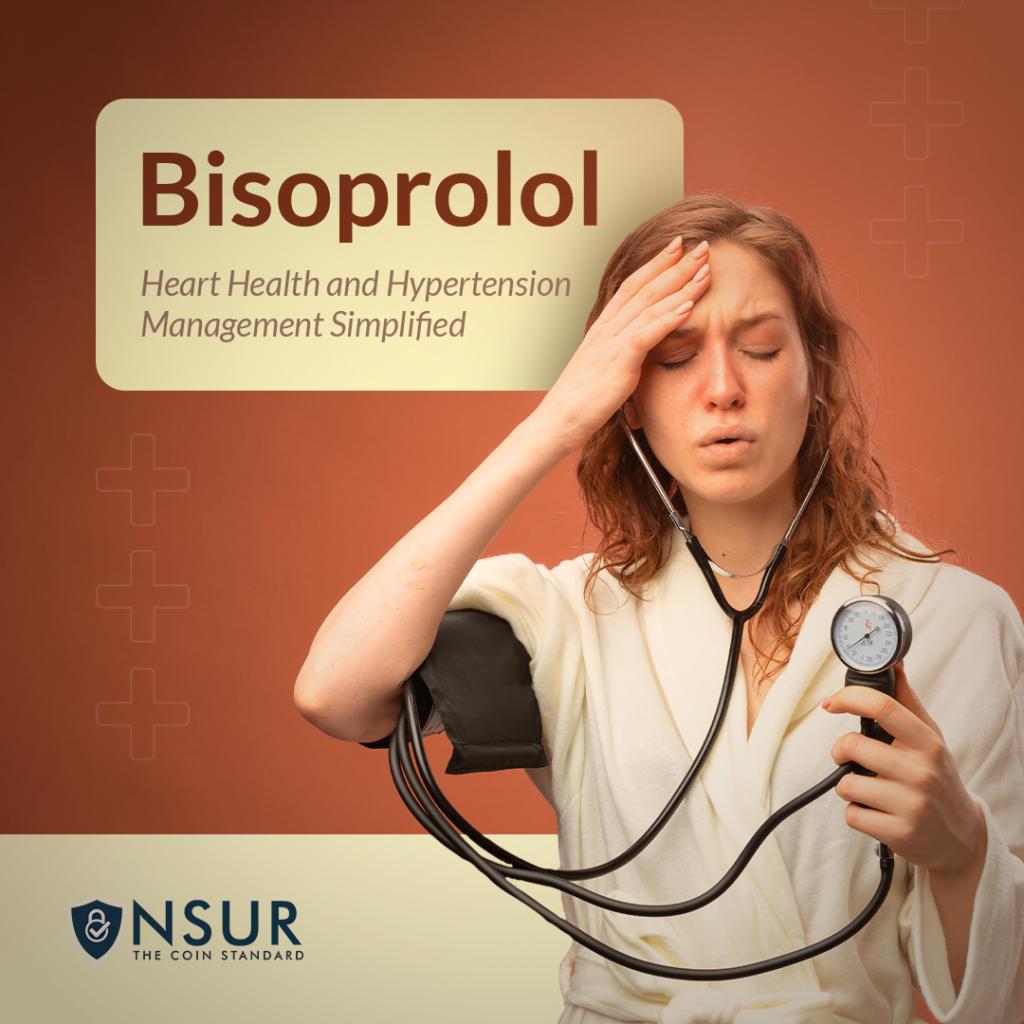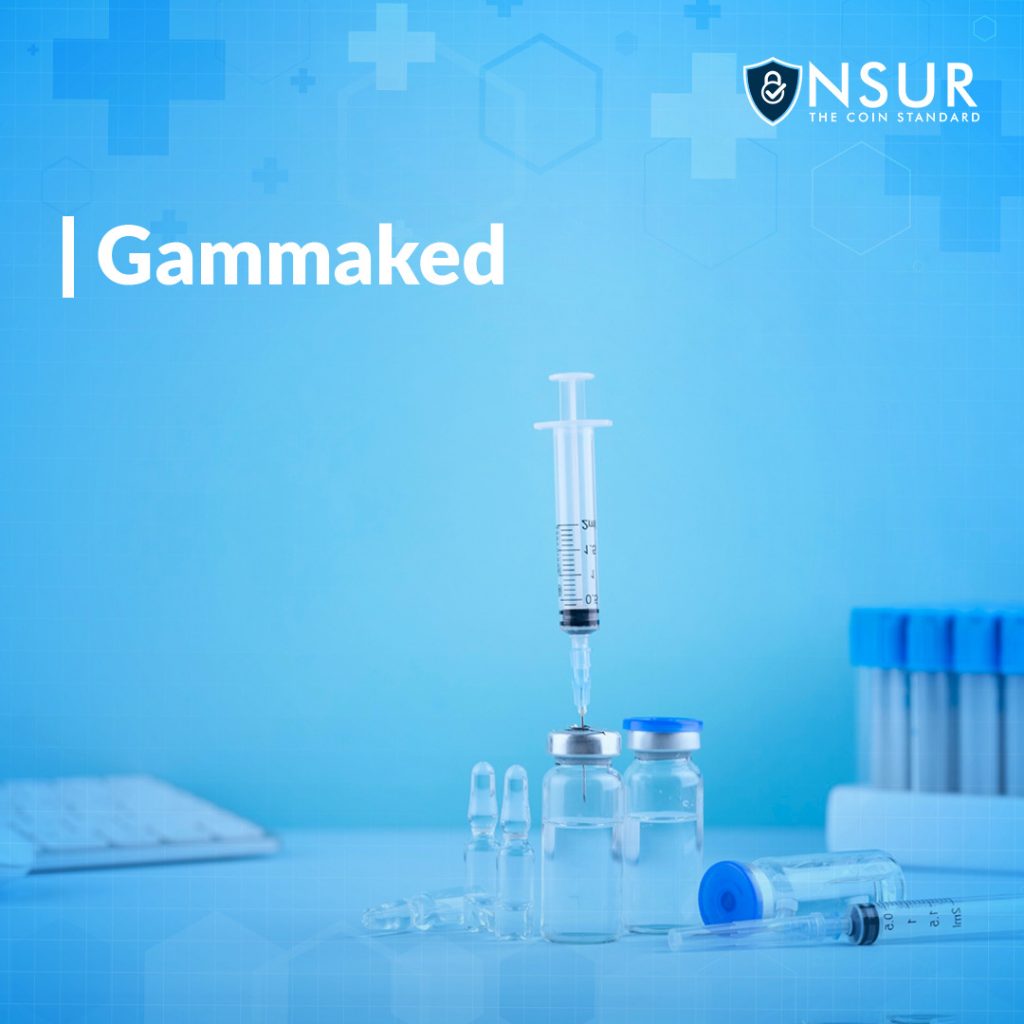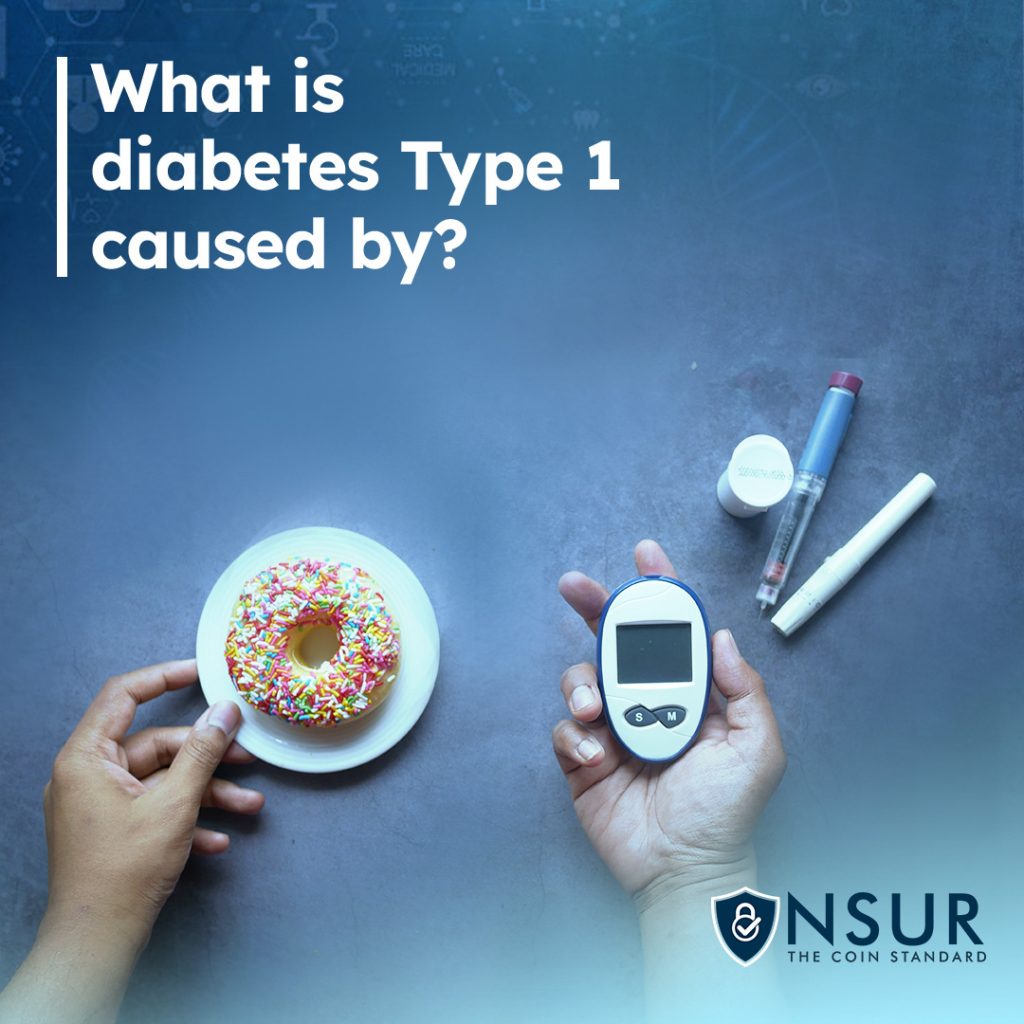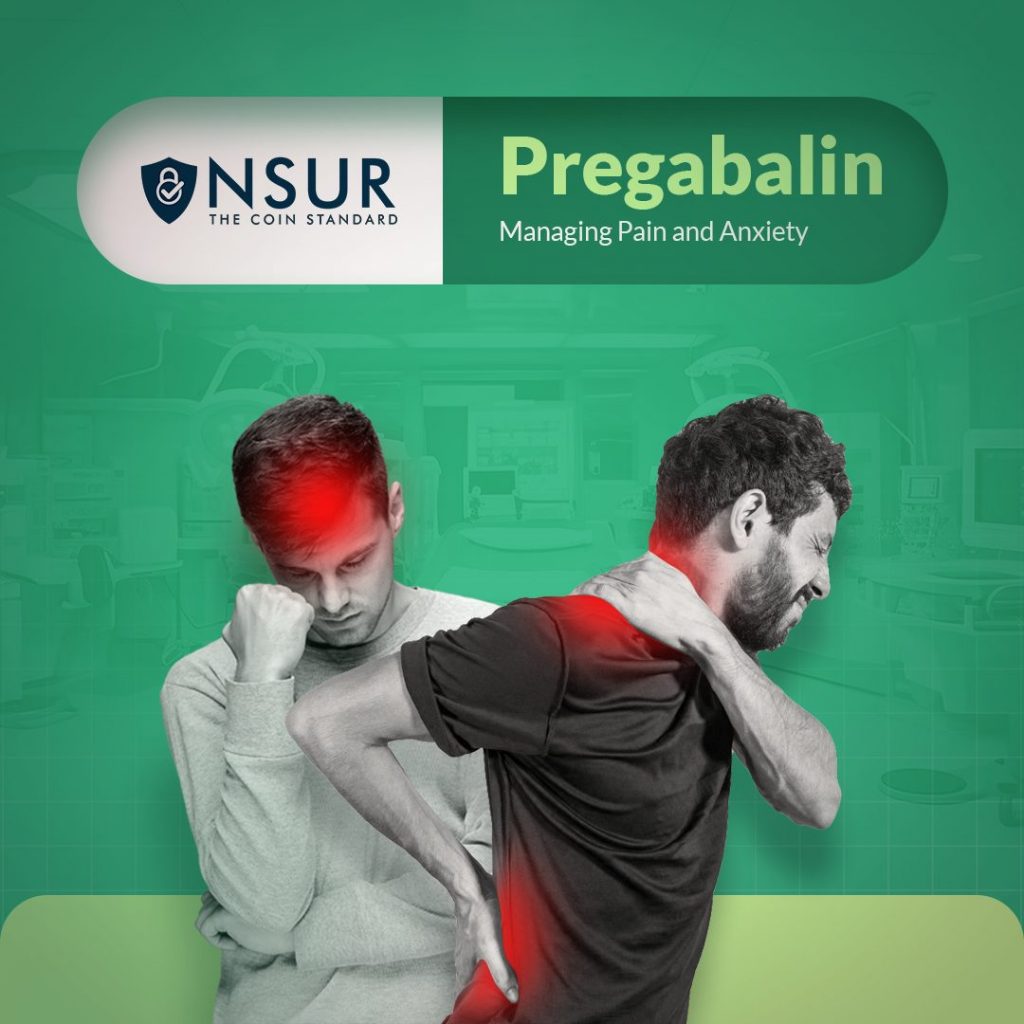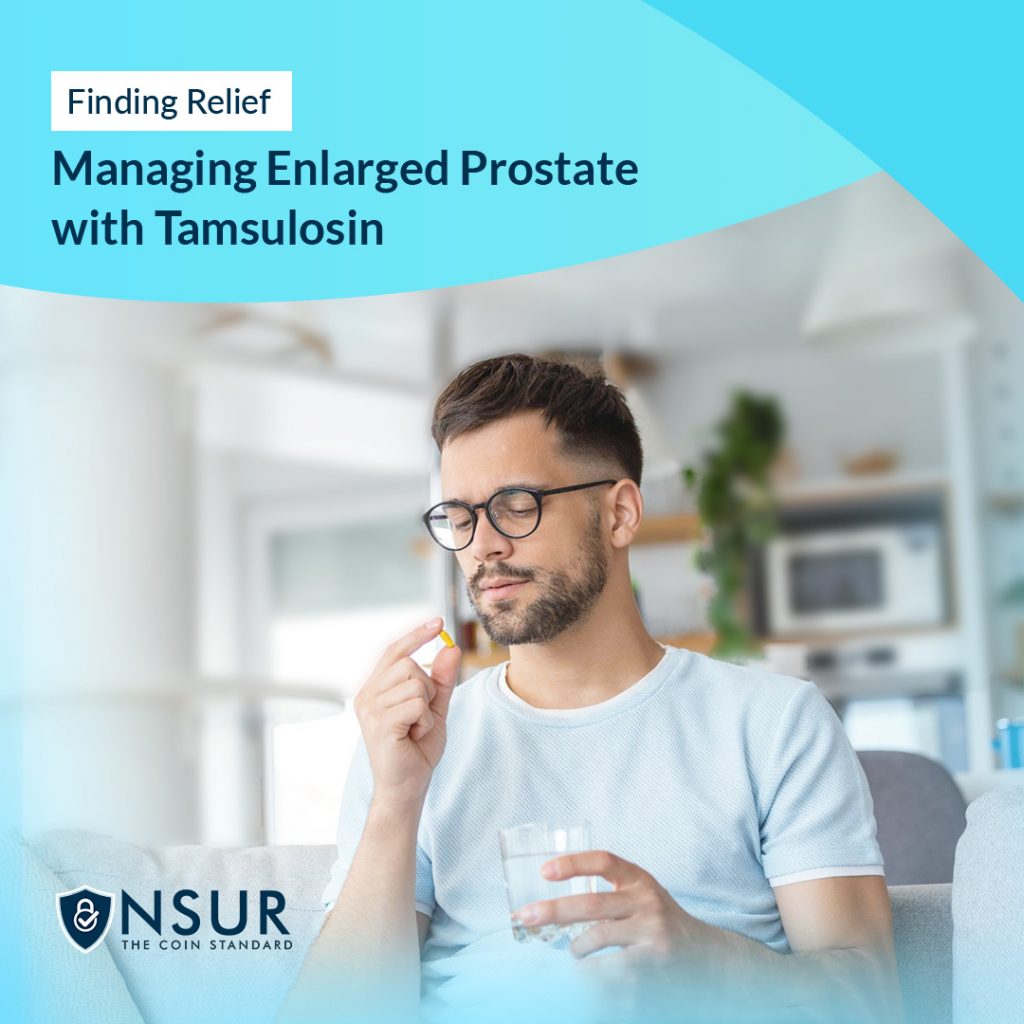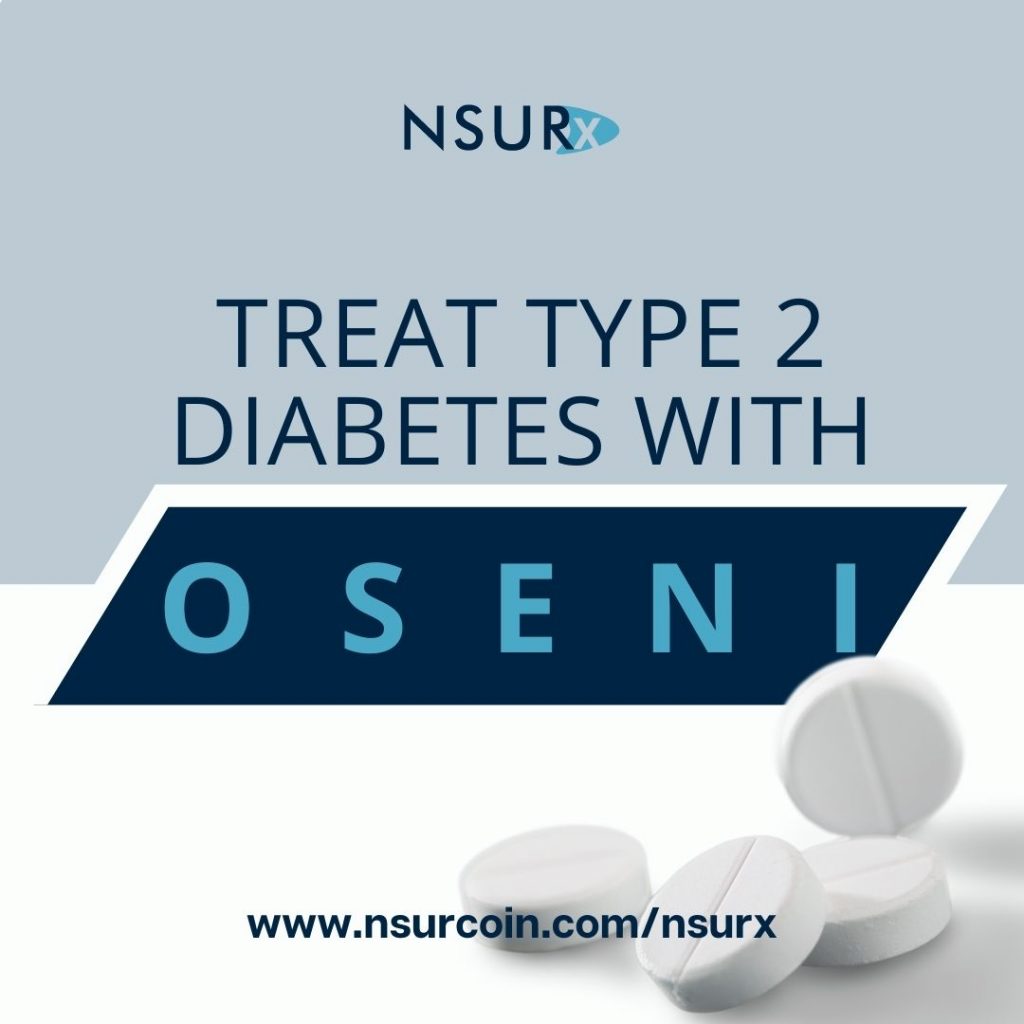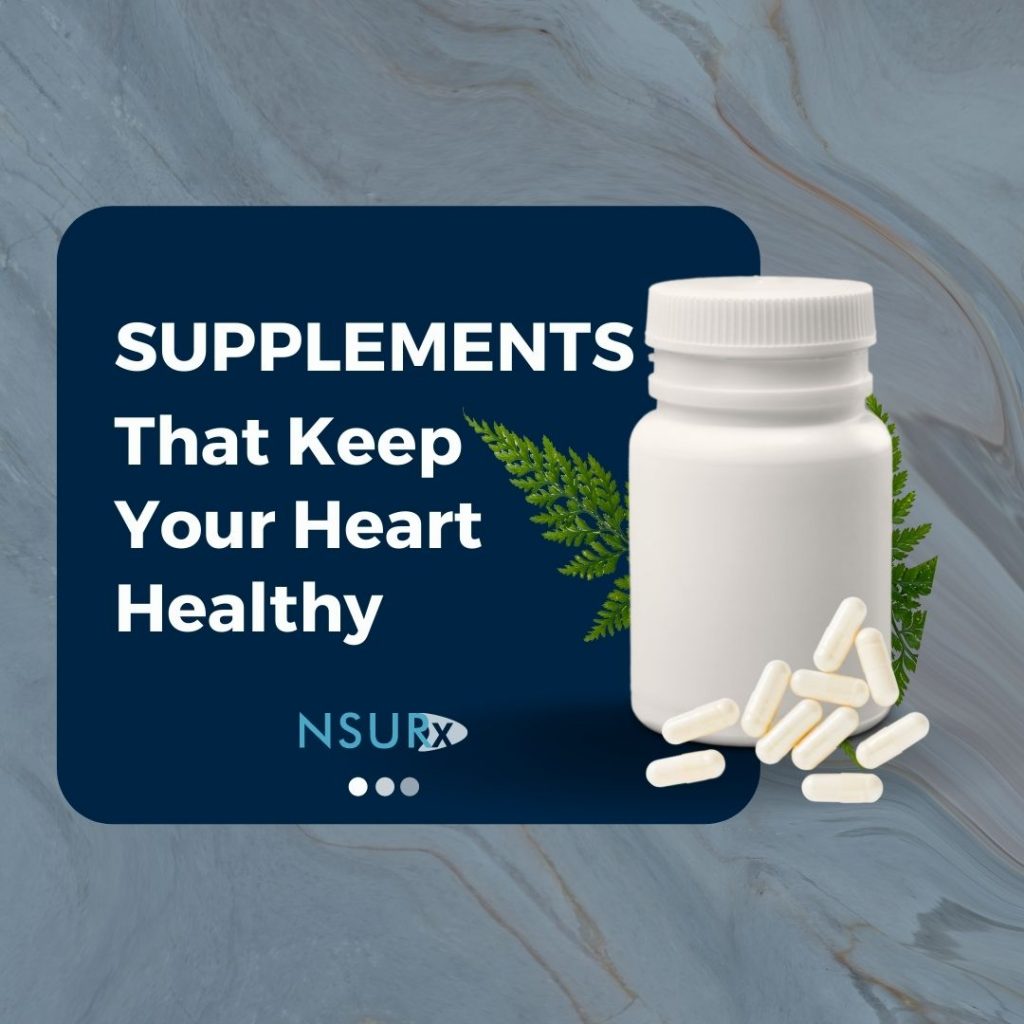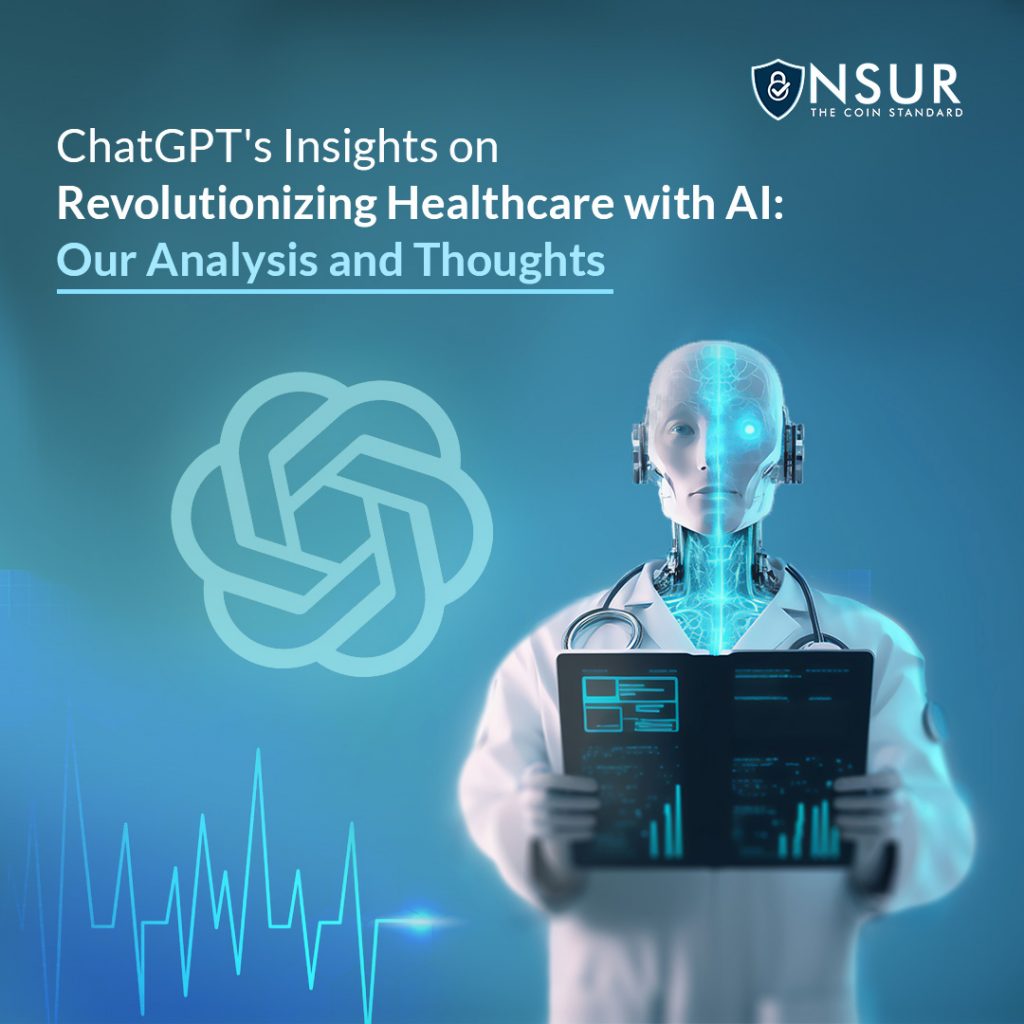
We asked ChatGPT how it can revolutionize healthcare. Here are the answers we received, along with our thoughts on them.
Artificial intelligence has been transforming various sectors, and healthcare is no exception. With the increasing amount of healthcare data, healthcare providers need to leverage the power of AI to improve patient outcomes and reduce healthcare costs. To explore the possibilities of AI in healthcare, we asked ChatGPT, a language model developed by OpenAI, to share its insights on how it can revolutionize healthcare. Here are some of the answers we got and our thoughts on them.
1. Patient education
ChatGPT can be used to answer patients’ questions about their health conditions, medications, and treatment options. It can provide reliable information and resources to help patients make informed decisions about their care.
Our thoughts: While ChatGPT offers extensive benefits in patient education by making healthcare information accessible to anyone with an internet connection, it also has the potential to generate anxiety due to the possibility of providing inaccurate information. It is important to note that ChatGPT should not be regarded as a substitute for a medical professional’s opinion, nor should it be used for prescribing medication.
2. Mental health support
ChatGPT can offer mental health support to patients by providing resources and referrals to mental health professionals, as well as using natural language processing to identify signs of mental health issues and provide appropriate guidance.
Our thoughts: The aspect of ChatGPT that excites us the most at NSUR is its exceptional mental health support. Although it is not currently usable through ChatGPT, our research indicates that an app based on ChatGPT with personalized suggestion features would be thrilling.
3. Research and development
ChatGPT can help healthcare providers and researchers to stay up-to-date on the latest research and developments in healthcare by summarizing and synthesizing medical literature, and providing personalized recommendations based on a patient’s unique medical history and condition.
Our thoughts: The utilization of chat GPT in research and development necessitates considerable development beforehand. Several factors, such as data bias, limited scope, and a lack of transparency, contribute to this. These issues are attributed to the data upon which chat GPT is trained and its inability to undergo peer review.
4. Administrative tasks
ChatGPT can assist with administrative tasks such as scheduling appointments, refilling prescriptions, and providing insurance information, which can help streamline the healthcare process and improve patient satisfaction.
Our thoughts: At NSUR, we are thrilled about this feature. Our team is currently investing $100 per person per month on AI-based tools to facilitate content creation, note-taking during meetings, graphic design, and other functions.
5. Medical Diagnosis and Treatment Planning
ChatGPT suggested that AI can be used for medical diagnosis and treatment planning. With the help of AI algorithms, medical professionals can analyze large datasets of medical images, patient data, and medical literature to make accurate diagnoses and plan treatments. AI algorithms can also learn from past medical cases and suggest treatment options that have been successful in similar cases.
Our thoughts: AI has already been used to diagnose and plan treatments for various medical conditions. For instance, Google’s DeepMind used AI to identify eye diseases, and IBM’s Watson has been used to diagnose cancer. However, it is important to note that AI should not replace medical professionals but rather serve as a tool to support their decision-making.
6. Predictive Analytics
ChatGPT suggested that predictive analytics can be used to identify patients who are at risk of developing certain medical conditions. With the help of AI algorithms, healthcare providers can analyze patients’ medical records, lifestyle data, and genetic information to predict their likelihood of developing a specific disease.
Our thoughts: Predictive analytics has already been used to identify patients who are at risk of developing diabetes, heart disease, and other chronic conditions. This has enabled healthcare providers to take proactive measures to prevent or manage these conditions. However, healthcare providers need to ensure that they protect patients’ privacy and data while using predictive analytics.
There are several things to consider while using ChatGPT for healthcare services, including:
- Privacy and security: Healthcare is a highly sensitive and personal area, so it’s essential to ensure that patient data is kept private and secure. ChatGPT must comply with all relevant privacy and security regulations, such as HIPAA in the United States, and use appropriate data protection measures.
- Accuracy and reliability: ChatGPT must be accurate and reliable in providing healthcare information and recommendations. It must be trained on high-quality medical data and validated by healthcare professionals to ensure that it provides trustworthy and evidence-based advice.
- Personalization: ChatGPT must be able to personalize its responses and recommendations based on the individual patient’s medical history, symptoms, and preferences. This can help improve patient engagement and satisfaction with the healthcare experience.
- Training and development: ChatGPT must be regularly trained and developed to ensure that it stays up-to-date with the latest medical research and healthcare trends. It must also be continually monitored and evaluated to identify any areas where it may be providing inaccurate or unreliable information.
- Integration with existing healthcare systems: ChatGPT must be able to integrate with existing healthcare systems, such as electronic health records (EHRs), to ensure that patient data is up-to-date and easily accessible by healthcare providers. This can help improve the quality and continuity of care for patients.
AI has the potential to revolutionize healthcare in various ways, from medical diagnosis and treatment planning to drug discovery. However, healthcare providers need to ensure that they use AI in an ethical and responsible manner to protect patients’ privacy and data. AI should not replace medical professionals but rather serve as a tool to support their decision-making. With the right approach, AI can help healthcare providers improve patient outcomes, reduce healthcare costs, and ultimately, save lives.


